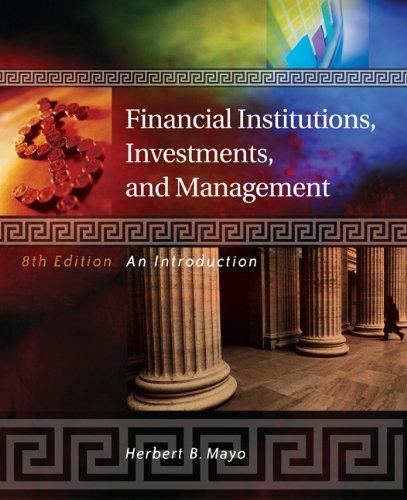
In doing a five-year analysis of future dividends, the Dawson Corporation is considering the following two plans. The values represent dividends per share. Use Appendix B for an approximate answer but calculate your final answer using the formula and financial calculator methods. Year 1 2 3 4 5 Plan A $ 1.60 1.60 1.60 2.00 2.00 Plan B $ 40 2.00 20 4.00 1.40 a. How much in total dividends per share will be paid under each plan over five years? (Do not round intermediate calculations and round your answers to 2 decimal places.) Total Dividends Plan A Plan B b-1. Mr. Bright, the vice president of finance, suggests that stockholders often prefer a stable dividend policy to a highly variable one. He will assume that stockholders apply a lower discount rate to dividends that are stable. The discount rate to be used for Plan A is 11 percent; the discount rate for Plan B is 15 percent. Compute the present value of future dividends. (Do not round intermediate calculations and round your answers to 2 decimal places.) Present Value of Future Dividends Plan A Plan B b-2. Which plan will provide the higher present value for the future dividends? Plan A Plan B In doing a five-year analysis of future dividends, the Dawson Corporation is considering the following two plans. The values represent dividends per share. Use Appendix B for an approximate answer but calculate your final answer using the formula and financial calculator methods. Year 1 2 3 4 5 Plan A $ 1.60 1.60 1.60 2.00 2.00 Plan B $ 40 2.00 20 4.00 1.40 a. How much in total dividends per share will be paid under each plan over five years? (Do not round intermediate calculations and round your answers to 2 decimal places.) Total Dividends Plan A Plan B b-1. Mr. Bright, the vice president of finance, suggests that stockholders often prefer a stable dividend policy to a highly variable one. He will assume that stockholders apply a lower discount rate to dividends that are stable. The discount rate to be used for Plan A is 11 percent; the discount rate for Plan B is 15 percent. Compute the present value of future dividends. (Do not round intermediate calculations and round your answers to 2 decimal places.) Present Value of Future Dividends Plan A Plan B b-2. Which plan will provide the higher present value for the future dividends? Plan A Plan B







